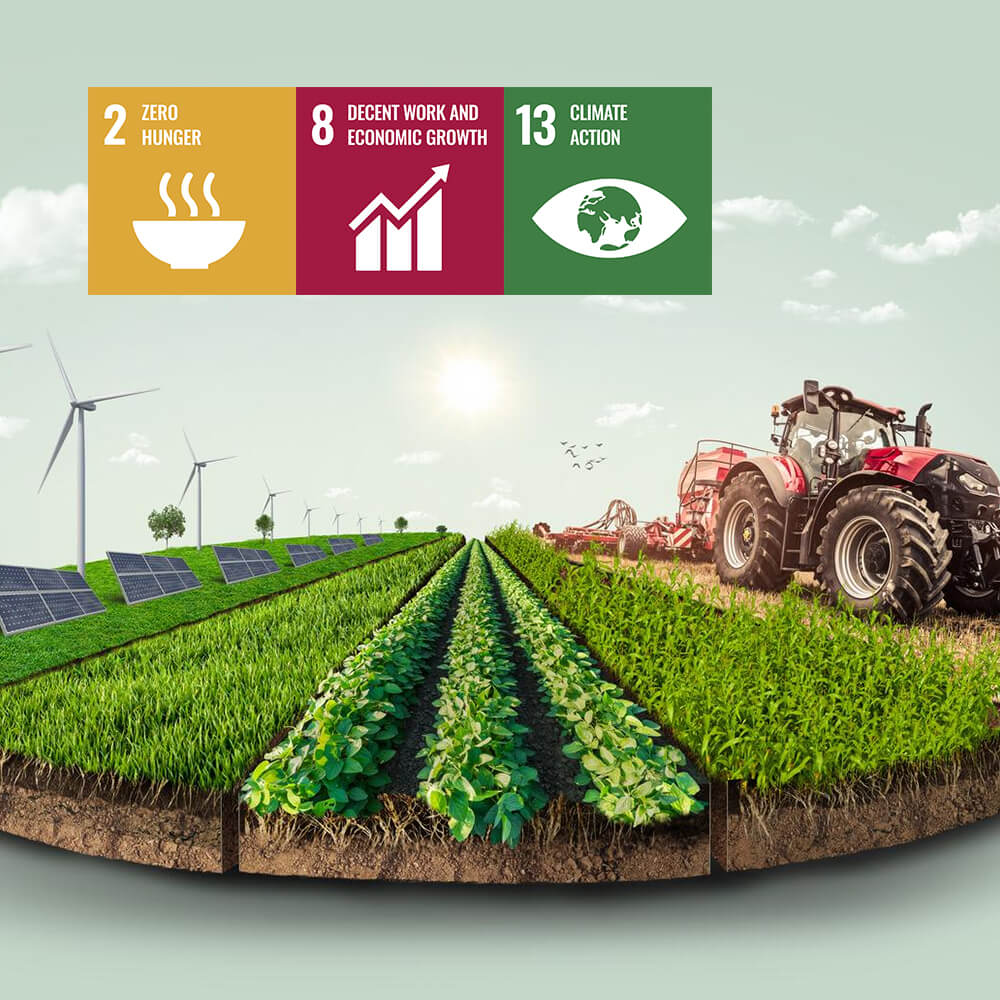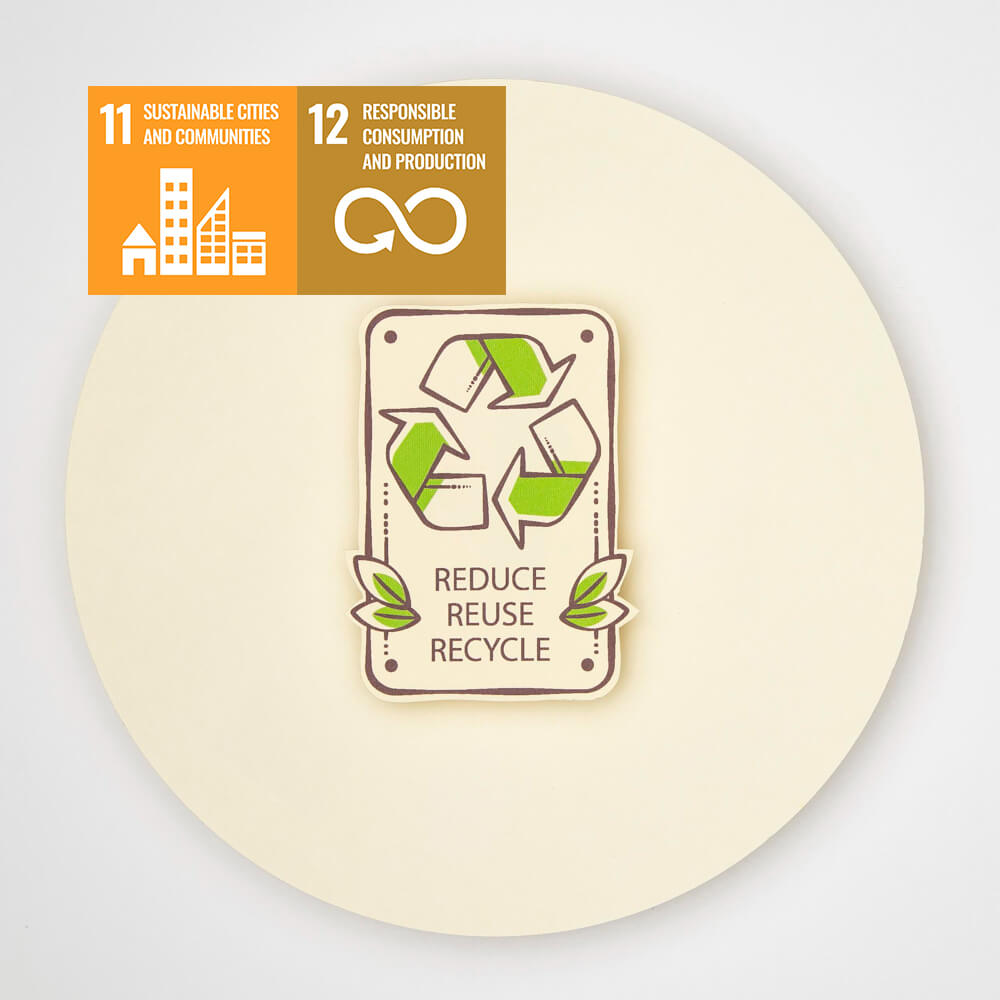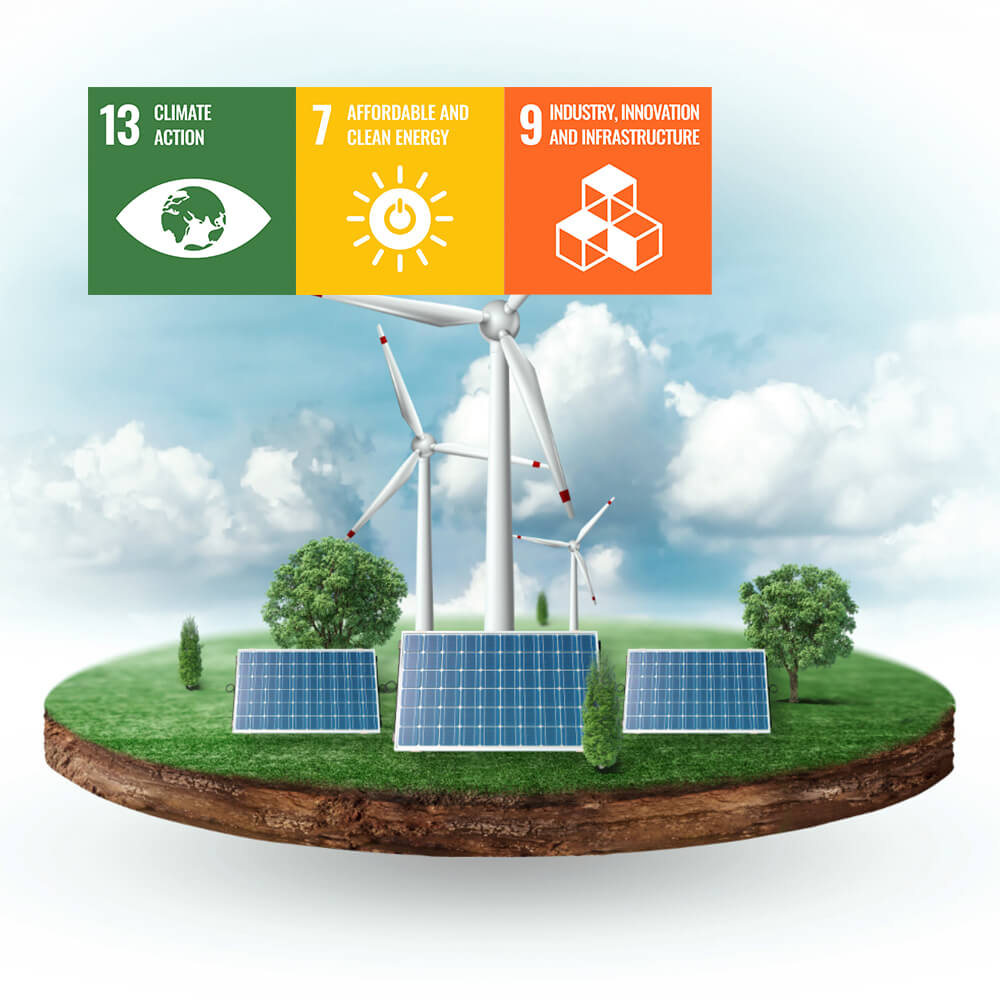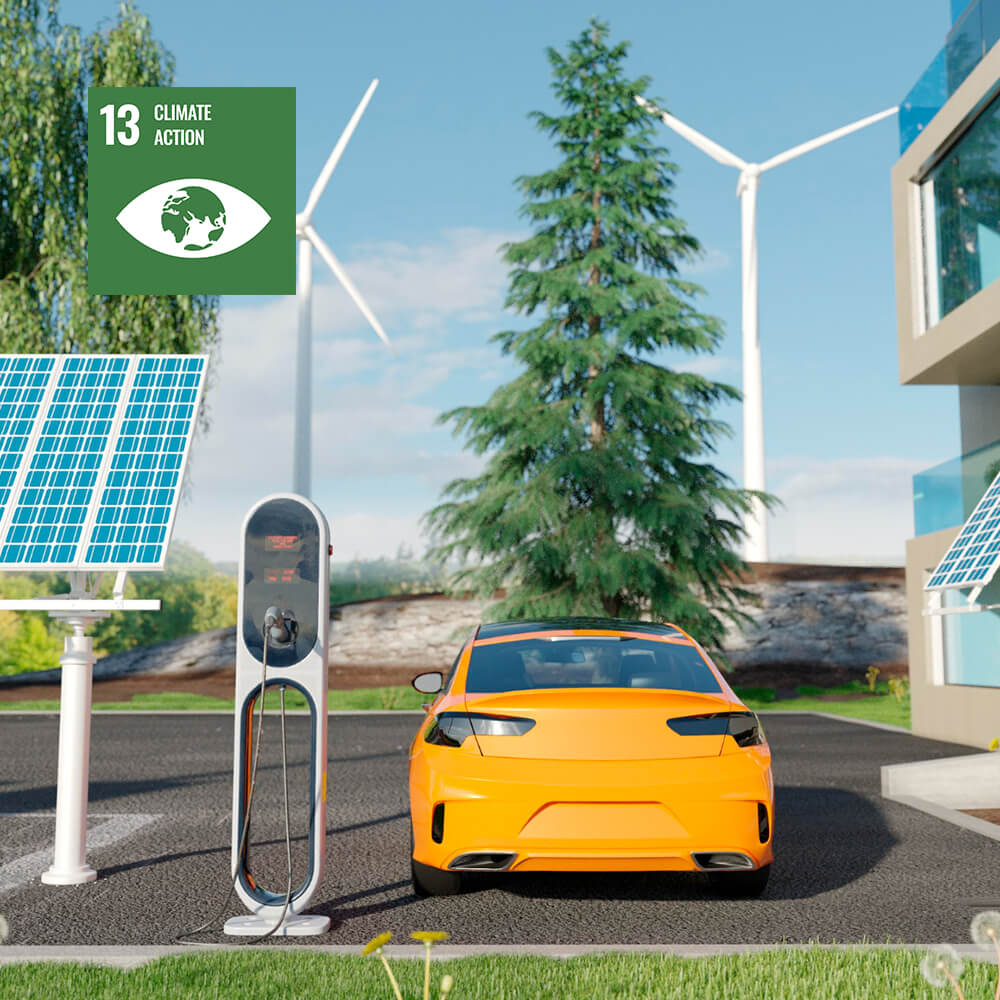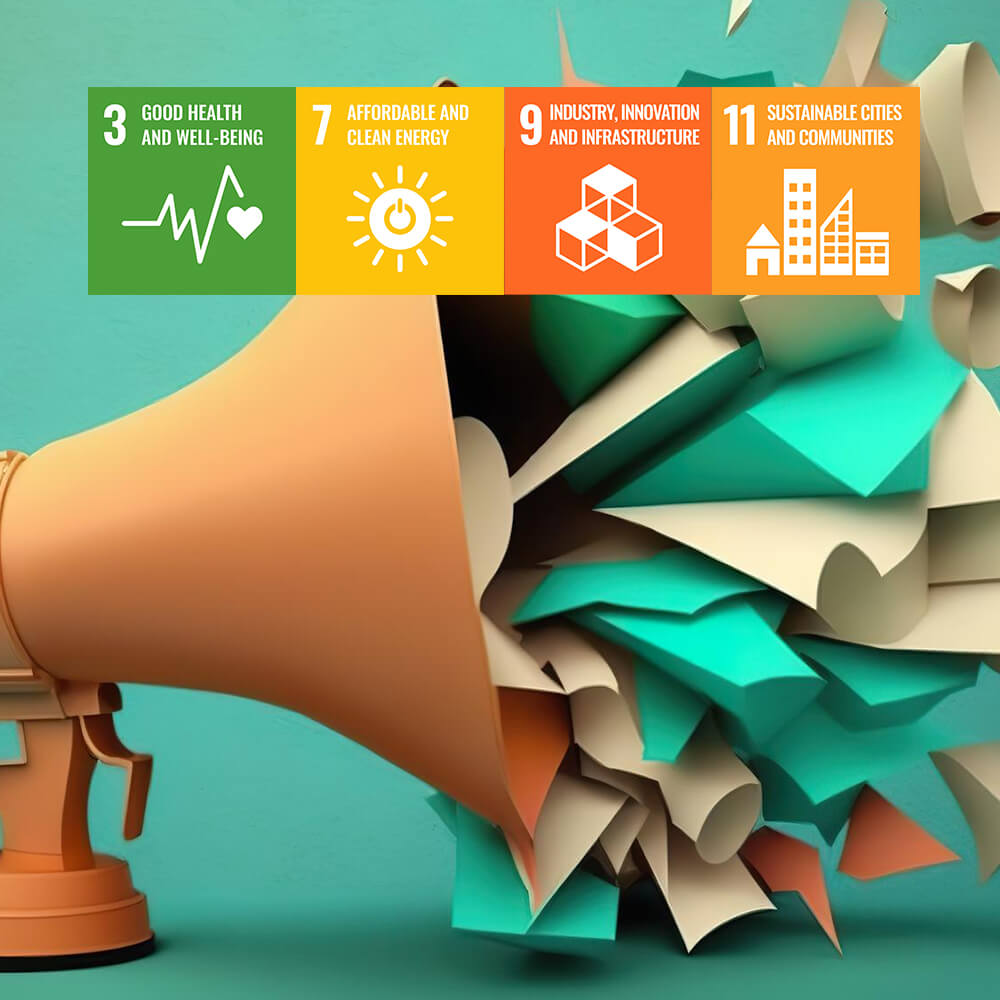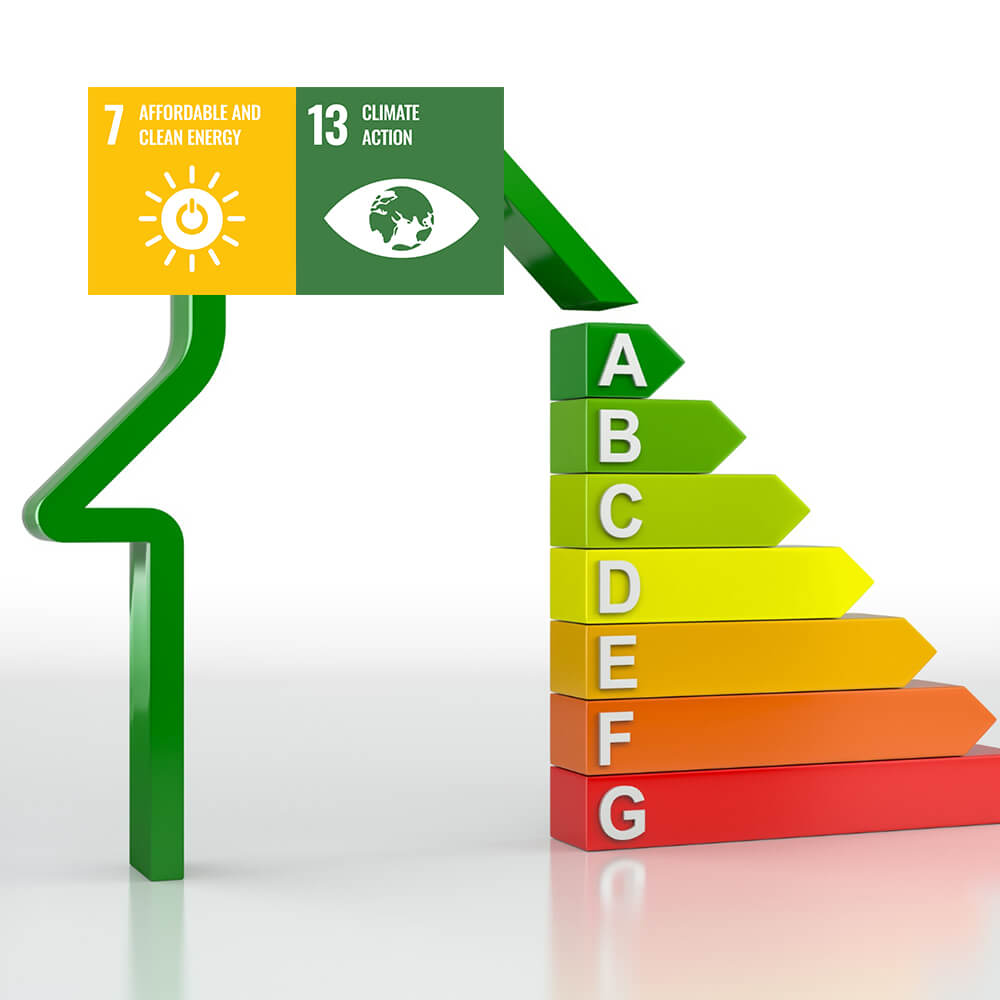Powering A Green Shift to Profit the People of Edo State

A green shift refers to a fundamental transition from conventional, resource-intensive economic practices to sustainable, eco-friendly alternatives, with the aim of promoting shared prosperity and sustainable development. This transformation encompasses multiple aspects, including energy generation, production processes, consumption patterns, and environmental policies.
Key components of the green shift include:
Embracing renewable energy sources such as solar, wind, and hydroelectric power reduces reliance on fossil fuels and decreases greenhouse gas emissions, fostering cleaner, more sustainable energy production.
Encouraging a circular economy model involves minimizing waste, reusing materials and recycling products, thereby reducing resource depletion and minimizing environmental impact.
Promoting infrastructure that prioritizes energy efficiency, public transportation and green urban planning can improve living conditions, reduce pollution and enhance economic productivity.
Investing in research and development of green technologies drives innovation, creates new business opportunities and improves efficiency across various sectors.
Implementing policies that prioritize social equity and inclusivity ensures that the benefits of the green shift reach all segments of society, especially marginalized communities.
Protecting natural ecosystems and promoting biodiversity safeguards vital resources and enhances resilience against environmental challenges.
Collaborating with other nations on green initiatives fosters knowledge sharing, technology transfer and financial support, enabling global efforts towards sustainable development.

A well-planned and inclusive green shift can drive shared prosperity by creating jobs, fostering innovation, and promoting sustainable economic development while safeguarding the environment for future generations. The green shift promotes social equity by prioritizing the needs of vulnerable communities and ensuring their inclusion in the transition. It seeks to address disparities in access to energy, education, and economic opportunities, fostering a more equitable society. To ensure the success of the green shift, collaboration between governments, businesses, individuals and communities is crucial. Implementing supportive policies, providing financial incentives, and fostering international cooperation enable a smooth and effective transition. The green shift embodies a transformative approach that intertwines economic growth with environmental protection and social inclusivity. By promoting shared prosperity and sustainable development, it lays the foundation for a brighter and more equitable future for humanity and the planet.
Green4ward Action for the Global Goals
Activating Opportunities to Transform Economic and Societal systems to Promote Shared Prosperity and Sustainable Development.


